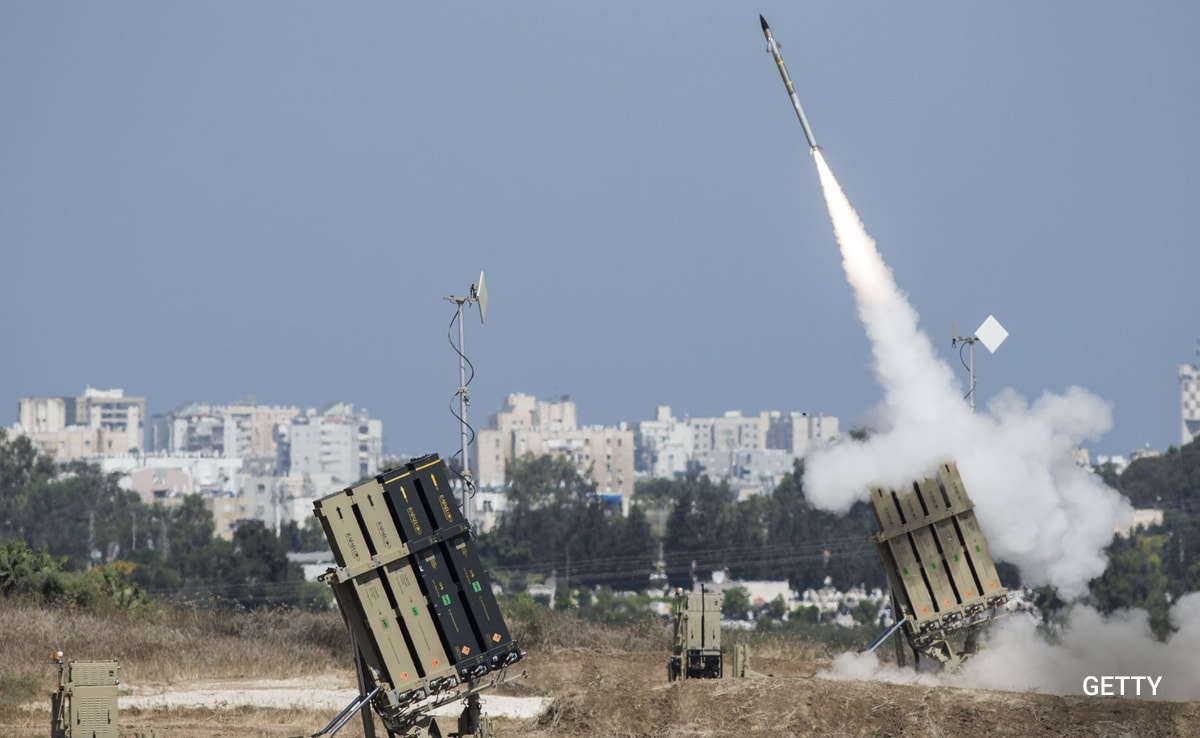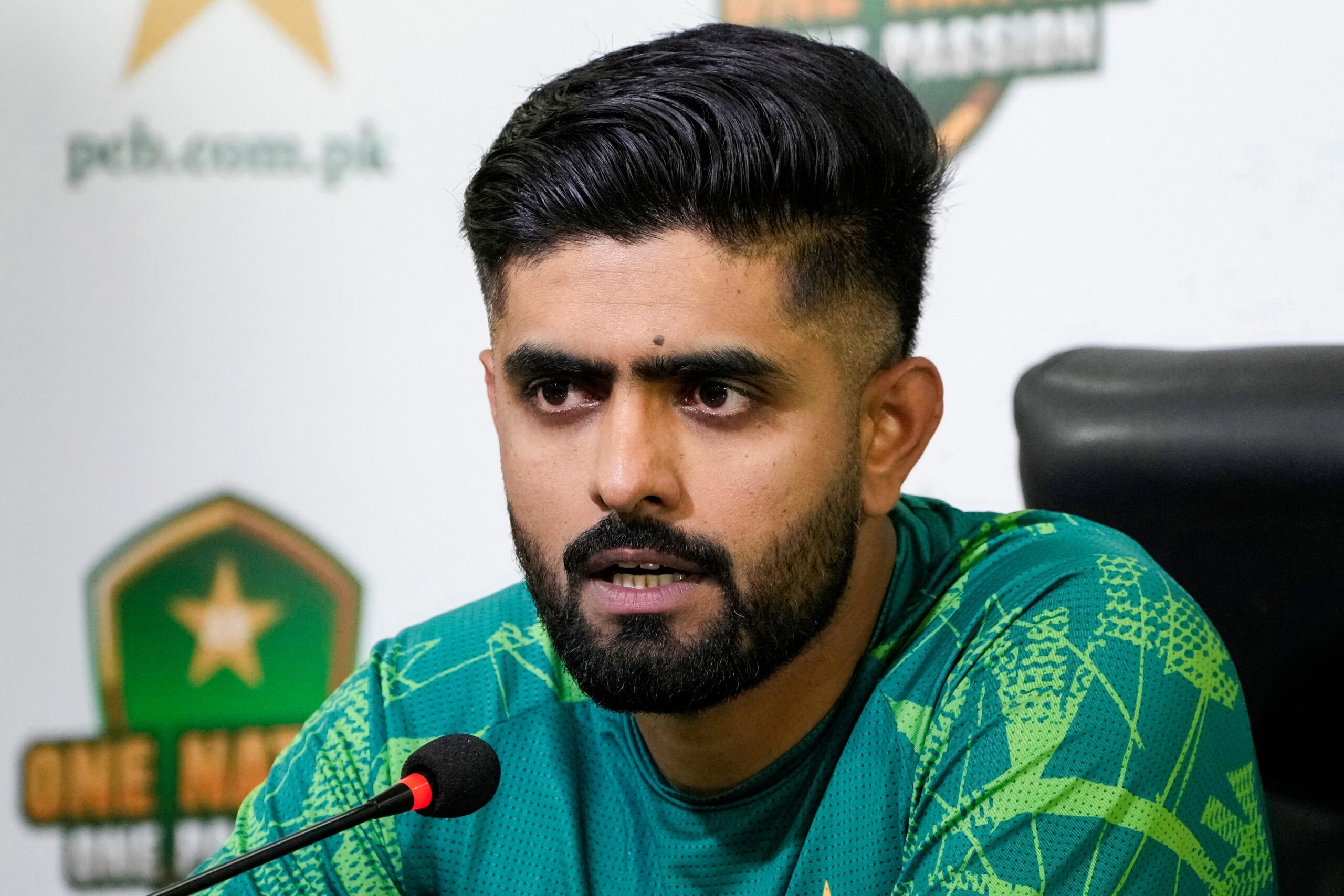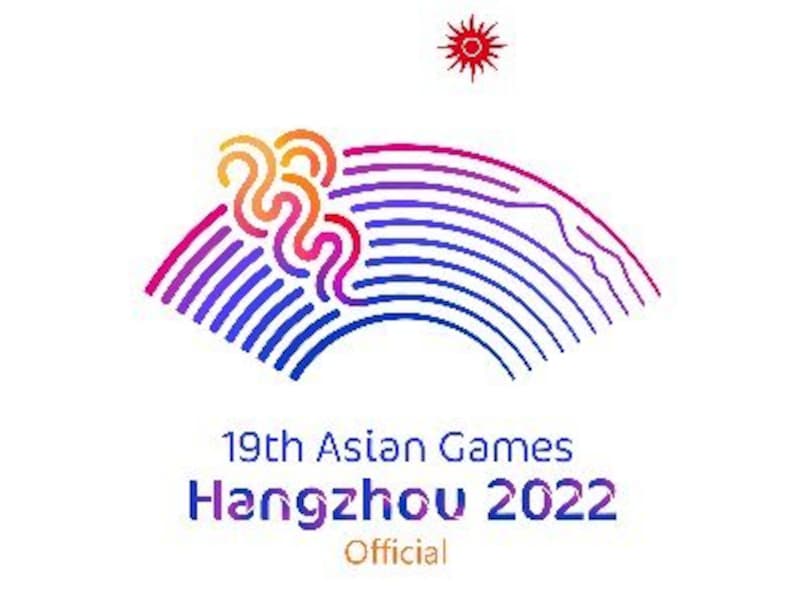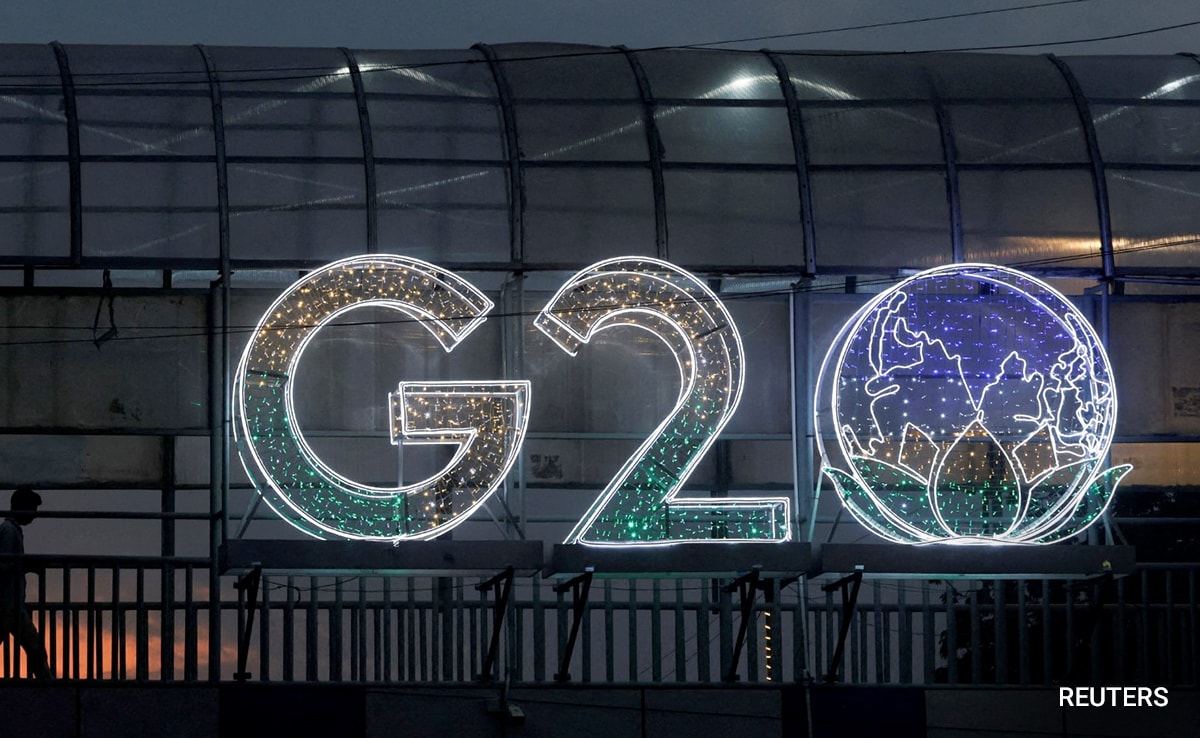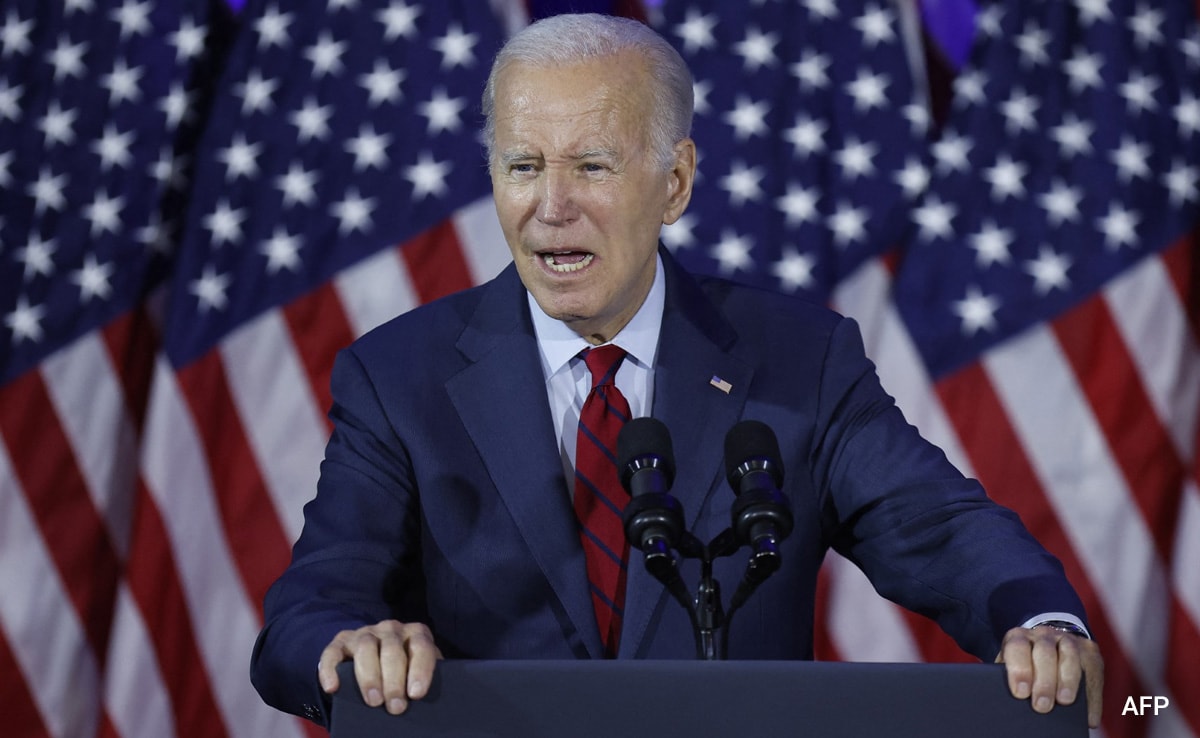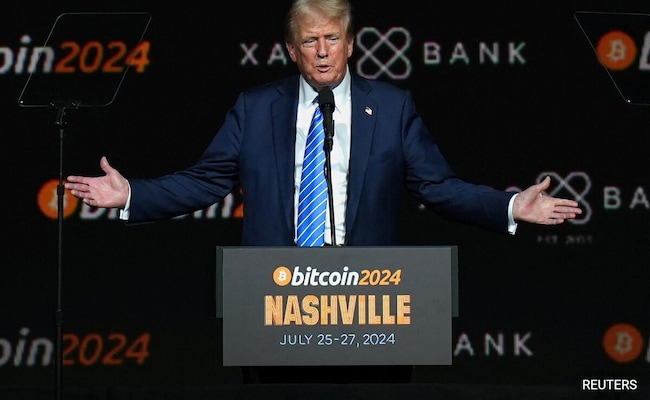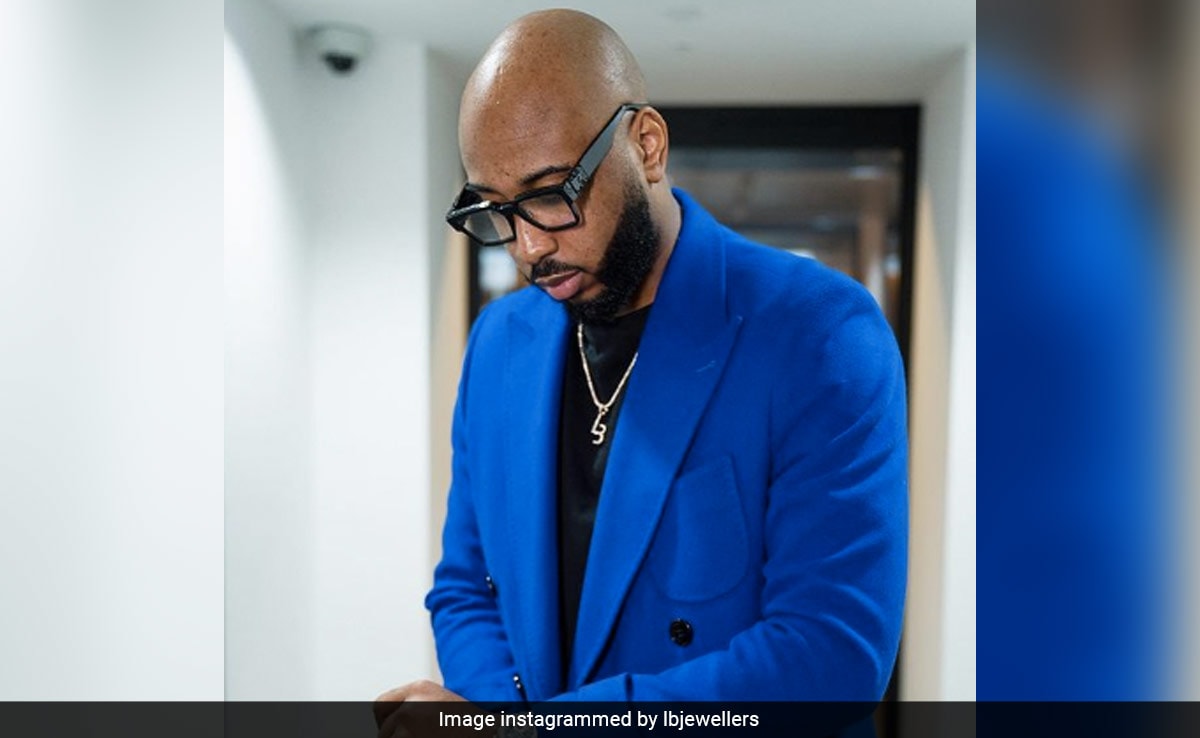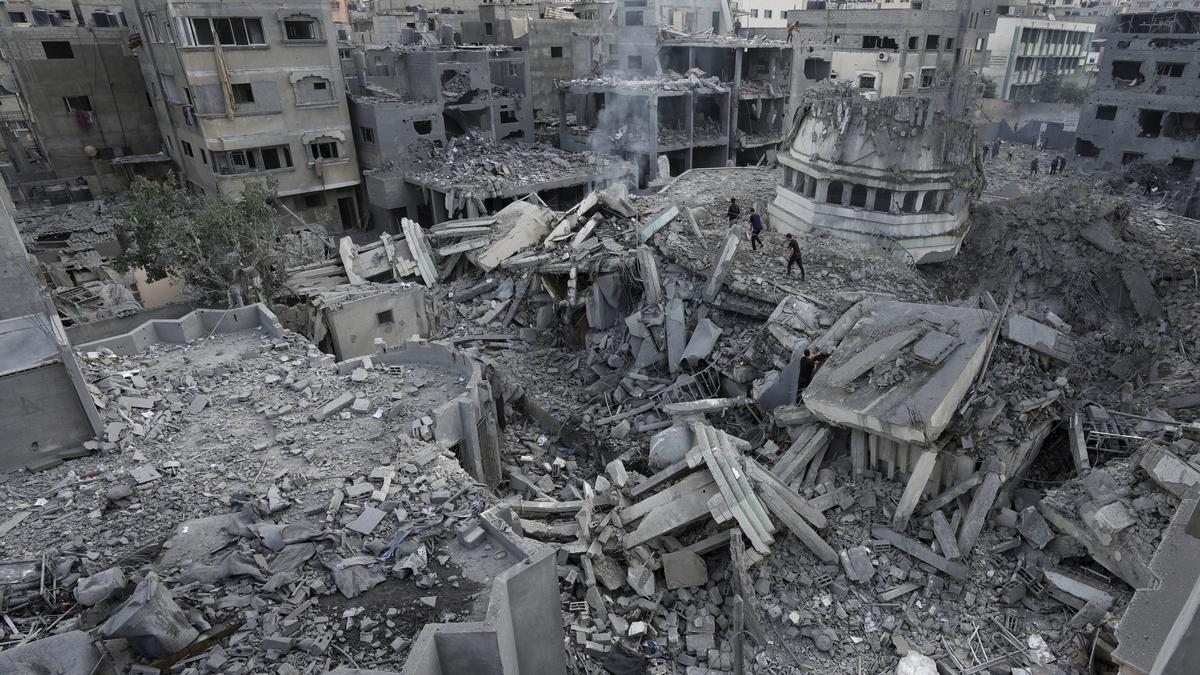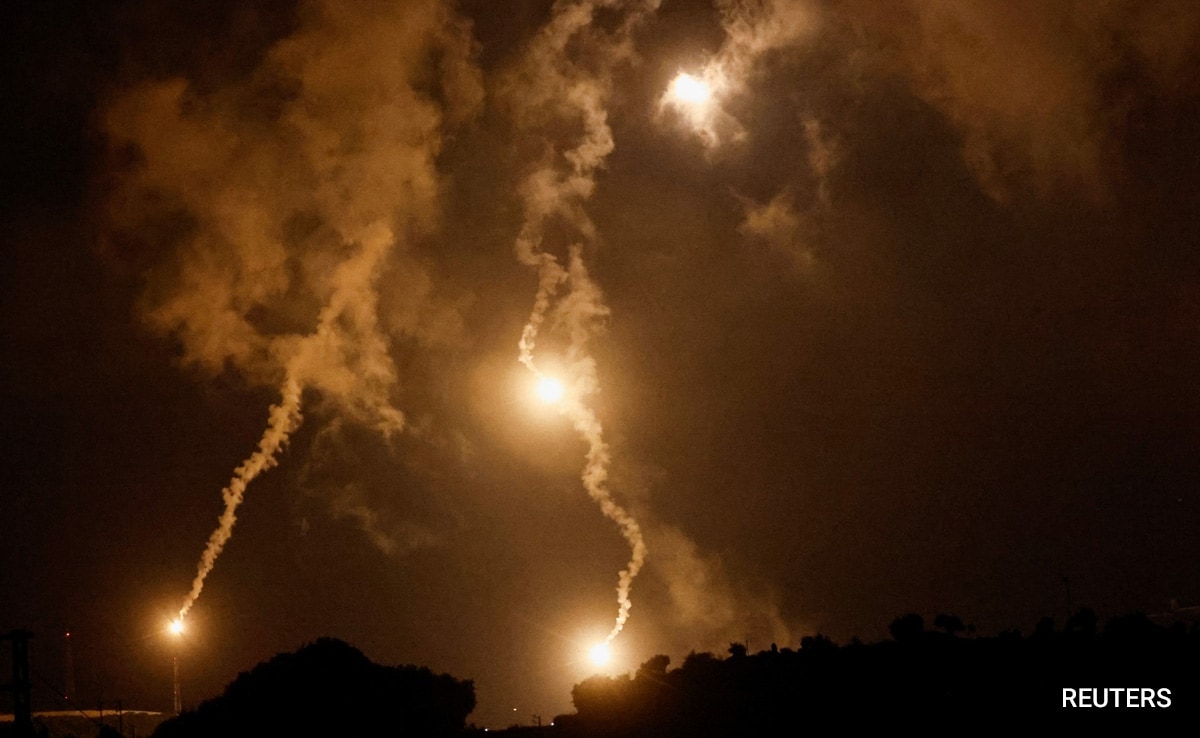External Affairs Minister S. Jaishankar with Malaysian PM Anwar Ibrahim during a meeting, in Kuala Lumpur, in March 2024. File
| Photo Credit: PTI
Malaysian Prime Minister Anwar Ibrahim will visit New Delhi next week, in a visit that is expected to strengthen India-Malaysia ties in strategic, trade and defence cooperation, and discuss major developments in Bangladesh, Gaza and Iran as well.
With the Parliament session over, the visit is one of a number upcoming diplomatic outreaches. New Delhi is set to host the India-Japan 2+2 with Foreign and Defence Ministers, and Prime Minister Narendra Modi will then travel to Poland and Ukraine.
Mr. Ibrahim’s visit to India from August 19-21 is his first since winning elections and taking over as Prime Minister in 2022. His visit will also attempt to smooth over some of the irritants between previous Malaysian governments and India that led to tensions in ties.

Mr. Ibrahim, seen as a moderate reformer, was in Delhi in 2019 as a member of the previous government of Mahathir Mohamad and president of the ruling party, when he had advocated stronger bilateral ties.
Mr. Mohamad had however raised many issues with India, publicly criticising the Modi government over the changes in Jammu and Kashmir and the crackdown on those protesting against the Citizenship Amendment Act. Mr. Mohamad’s government also refused to hand over Zakir Naik, the preacher wanted in India on charges of terror activities. India cancelled palm oil imports from Malaysia in retaliation.
In 2020, New Delhi’s decision to detain 2,500 foreigners from 45 countries, largely from Malaysia and Indonesia, who had come to Delhi for the “Tablighi Jamaat” conference had also roiled ties. However, with Mr. Ibrahim’s win, the two countries have essayed new ties, including earlier this year, when External Affairs Minister S. Jaishankar visited Kuala Lumpur and and hailed Mr. Ibrahim’s “vision” for an ambitious bilateral agenda.
Coinciding with Mr. Ibrahim’s visit, Mr. Jaishankar and Defence Minister Rajnath Singh will hold the India-Japan 2+2 talks with their counterparts Japanese Foreign Minister Yoko Kamikawa and Defence Minister Minoru Kihara in Delhi.
The two sides, which last met for the 2+2 in 2022 will discuss India-Japan strategic ties, as well as Indo-Pacific and Quad cooperation on August 20. They are also expected to discuss the situation in Bangladesh, where India and Japan have coordinated closely on several infrastructure projects as part of Japanese Prime Minister Fumio Kishida’s “Future of the Indo-Pacific” strategy.
While a Quad summit in the next few months appears difficult given Mr. Kishida’s own leadership battle within the ruling Liberal Democratic Party at the end of September, and U.S. elections in early November, the 2+2 is expected to discuss the earliest possible dates for India to host the summit.
Meanwhile the government is finalising plans for Mr. Modi’s upcoming visit to Poland and Ukraine, his first since the Russian invasion in 2022, a visit that comes weeks after his visit to Moscow.
Mr. Modi is expected to travel to Warsaw from August 21-22 for bilateral talks with the Polish leadership, and Kyiv on August 23, which is the Ukrainian “Day of the National Flag”. In Kyiv, he will hold talks with Ukraine President Volodymyr Zelenskyy, who had sharply criticised Mr. Modi’s Moscow trip, and the visit is expected to refute the perception in Ukraine as well as in the U.S. and Europe that India is taking a partisan position on the war.

